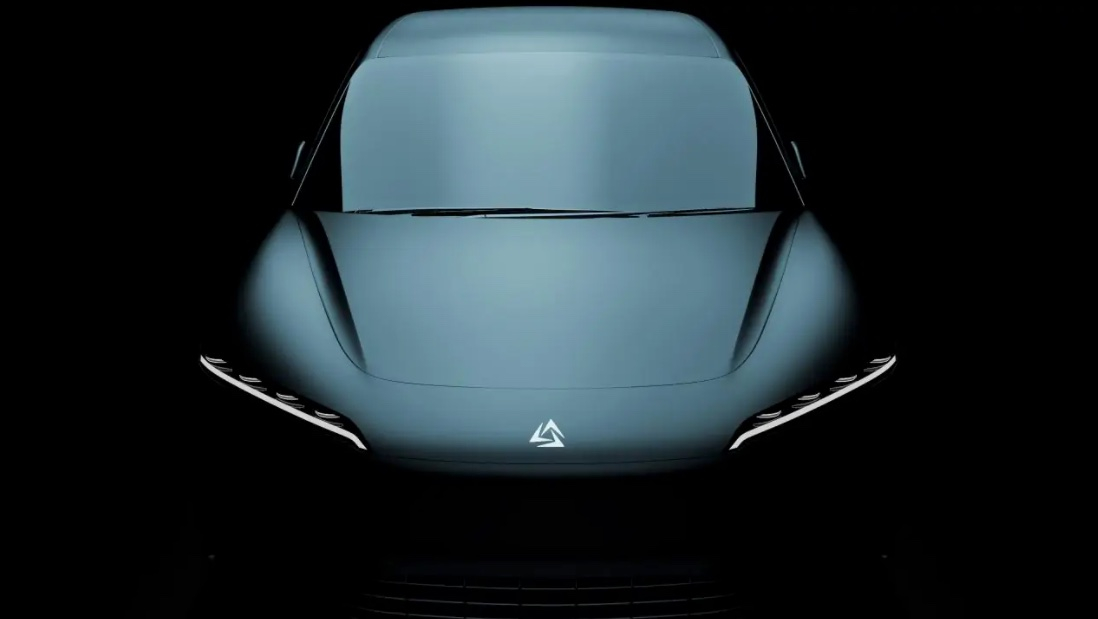In an essay last week, Sam Altman, the CEO of OpenAI, argued that the accelerating capabilities of AI will usher in an idyllic “Intelligence Age,” unleashing “unimaginable” prosperity and “astounding triumphs” like “fixing the climate.”
It’s a promise that no one is in a position to make—and one that, when it comes to the topic of climate change, fundamentally misunderstands the nature of the problem.
More maddening, the argument suggests that the technology’s massive consumption of electricity today doesn’t much matter, since it will allow us to generate abundant clean power in the future. That casually waves away growing concerns about a technology that’s already accelerating proposals for natural-gas plants and diverting major tech companies from their corporate climate targets.
By all accounts, AI’s energy demands will only continue to increase, even as the world scrambles to build larger, cleaner power systems to meet the increasing needs of EV charging, green hydrogen production, heat pumps, and other low-carbon technologies. Altman himself reportedly just met with White House officials to make the case for building absolutely massive AI data centers, which could require the equivalent of five dedicated nuclear reactors to run.
It’s a bedrock perspective of MIT Technology Review that technological advances can deliver real benefits and accelerate societal progress in meaningful ways. But for decades researchers and companies have oversold the potential of AI to deliver blockbuster medicines, achieve super intelligence, and free humanity from the need to work. To be fair, there have been significant advances, but nothing on the order of what’s been hyped.
Given that track record, I’d argue you need to develop a tool that does more than plagiarize journalism and help students cheat on homework before you can credibly assert that it will solve humanity’s thorniest problems, whether the target is rampant poverty or global warming.
To be sure, AI may help the world address the rising dangers of climate change. We have begun to see research groups and startups harness the technology to try to manage power grids more effectively, put out wildfires faster, and discover materials that could create cheaper, better batteries or solar panels.
All those advances are still relatively incremental. But let’s say AI does bring about an energy miracle. Perhaps its pattern-recognition prowess will deliver the key insight that finally cracks fusion—a technology that Altman is betting on heavily as an investor.
That would be fantastic. But technological advances are just the start—necessary but far from sufficient to eliminate the world’s climate emissions.
How do I know?
Because between nuclear fission plants, solar farms, wind turbines, and batteries, we already have every technology we need to clean up the power sector. This should be the low-hanging fruit of the energy transition. Yet in the largest economy on Earth, fossil fuels still generate 60% of the electricity. The fact that so much of our power still comes from coal, petroleum, and natural gas is a regulatory failure as much as a technological one.
“As long as we effectively subsidize fossil fuels by allowing them to use the atmosphere as a waste dump, we are not allowing clean energy to compete on a level playing field,” Zeke Hausfather, a climate scientist at the independent research organization Berkeley Earth, wrote on X in a response to Altman’s post. “We need policy changes, not just tech breakthroughs, to meet our climate goals.”
That’s not to say there aren’t big technical problems we still need to solve. Just look at the continuing struggles to develop clean, cost-competitive ways of fertilizing crops or flying planes. But the fundamental challenges of climate change are sunk costs, development obstacles, and inertia.
We’ve built and paid for a global economy that spews out planet-warming gases, investing trillions of dollars in power plants, steel mills, factories, jets, boilers, water heaters, stoves, and SUVs that run on fossil fuels. And few people or companies will happily write off those investments so long as those products and plants still work. AI can’t remedy all that just by generating better ideas.
To raze and replace the machinery of every industry around the world at the speed now required, we will need increasingly aggressive climate policies that incentivize or force everyone to switch to cleaner plants, products, and practices.
But with every proposal for a stricter law or some big new wind or solar farm, forces will push back, because the plan will hit someone’s wallet, block someone’s views, or threaten the areas or traditions someone cherishes. Climate change is an infrastructure problem, and building infrastructure is a messy human endeavor.
Tech advances can ease some of these issues. Cheaper, better alternatives to legacy industries make hard choices more politically palatable. But there are no improvements to AI algorithms or underlying data sets that solve the challenge of NIMBYism, the conflict between human interests, or the desire to breathe the fresh air in an unsullied wilderness.
To assert that a single technology—that just happens to be the one your company develops—can miraculously untangle these intractable conflicts of human society is at best self-serving, if not a little naïve. And it’s a troubling idea to proclaim at a point when the growth of that very technology is threatening to undermine the meager progress the world has begun to make on climate change.
As it is, the one thing we can state confidently about generative AI is that it’s making the hardest problem we’ve ever had to solve that much harder to solve.
Note: This article have been indexed to our site. We do not claim legitimacy, ownership or copyright of any of the content above. To see the article at original source Click Here












:strip_exif()/i/2004618420.jpeg?f=meta)
